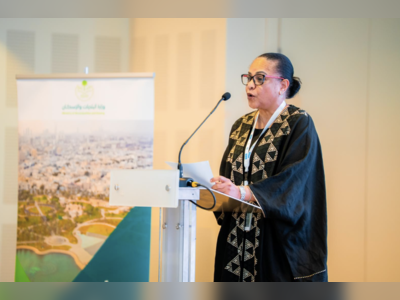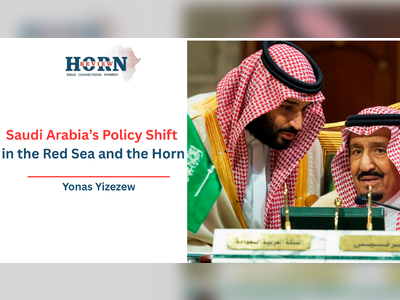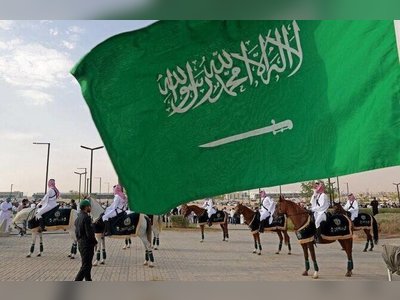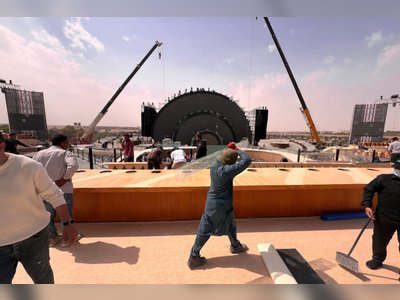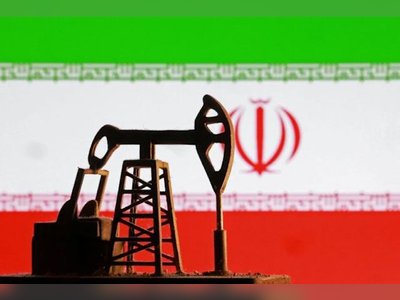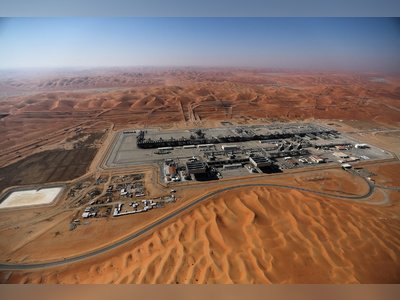
Libya’s elites may unite, but elections still elusive
Divisions that have riven Libya since 2011, when the dictatorship of Muammar Gaddafi was overthrown, have continued to prevent presidential elections initially scheduled for December 2018 from taking place.
To many observers, the delays appear to be the result of the entrenchment of political and military figures on all sides, and their preference for the present situation – even if the status quo has brought several political crises, debates over legitimacy, a financially damaging shutdown of oil facilities and a closure of some of the country’s main roads.
The decision in March by the Libyan parliament, based in the eastern city of Tobruk and supportive of the powerful renegade commander Khalifa Haftar, to appoint former Interior Minister Fathi Bashagha as prime minister of Libya, came as Haftar and his allies were pushing hard to replace the internationally recognised Prime Minister, Abdul Hamid Dbeibah.
But despite Bashagha forming a government, an abortive attempt to enter the capital Tripoli where Dbeibah is based, and fears of a renewed military confrontation, the parliament-backed prime minister’s momentum has stalled, and there is even now potential for an unexpected alliance between Dbeibah and the man who has been trying to remove him, Haftar.
On July 12, in an unexpected move, Dbeibah sacked the chairman of the National Oil Corporation (NOC), Mustafa Sanalla, and replaced him with Farhat Bengdara, a Gaddafi-era banker who had been working as the head of a bank in the United Arab Emirates, and is believed by analysts to have close ties to the Abu Dhabi-backed Haftar.
The move has been seen as evidence a rapprochement between Dbeibah and Haftar, a scenario that could bring together Libya’s divided east and west.
Libyan news outlets have reported that a meeting was held earlier in July between Haftar’s sons and a relative of Dbeibah, Ibrahim Dbeibah.
“They met in the UAE and agreed on a quid pro quo. So Haftar drops backing Bashagha and his parallel government in return for appointing Farhat Bengdara as new NOC Chairman, and Dbiebah gets to remain in power,” Abdulkader Assad, a senior political editor at the Libya Observer, an online news outlet, told Al Jazeera.
“This shows that the UAE is still backing Haftar and who[ever] is on the other side doesn’t matter, whether it is Dbeibah or Bashagha,” Assad added.
“Dbeibah intends to appease the Haftar family, but it is still too early to call this a solid peace deal,” Jalel Harchaoui, a Libya specialist and associate research fellow at the Royal United Institute for Defence and Security Studies (RUSI), told Al Jazeera. “What we are seeing is an attempt on the part of Dbeibah; but we do not know yet whether or not Dbeibah will manage to alter the actual behaviour of the Haftar family.”
“One thing is certain, Dbeibah has bypassed both Libyan chambers [of parliament]. Even more significantly, Fathi Bashagha and his sponsor Egypt were completely shunted and ignored,” Harchaoui added.
Political elites ‘uninterested’ in elections
According to Emadeddin Badi, a senior research fellow at the Atlantic Council, the closer relationship between Dbeibah and Haftar will not last.
“This is part of a rapprochement between the Dbeibah and Haftar clans, though their convergence of interests is bound to diverge over time,” Badi told Al Jazeera.
“No political stakeholder in Libya at this stage is genuinely interested” in proper elections, Badi added.
“Most of the elite knows that people have grown frustrated with them, that is why the elite prefers stalling or dangling illusory hopes of stability through solutions that are designed to accommodate them,” he said.
Recent protests in Libya show that many citizens have had enough with the country’s rulers, but also warned the country’s ruling class that opening up their political futures to a vote by the Libyan people is inherently unsettling.
“The level of cynicism amongst Libyan elites is indeed sky-high. Every figure with sway and power is hell-bent on staying,” Harchaoui said.
“No one accepts the inherent uncertainty associated with the notion of elections wherein sometimes you lose and must accept relinquishing office,” Harchaoui added. “I know of no genuine effort to organise actual elections in Libya within the next year or two. No foreign state is sincere about this, and no Libyan actor is sincere about this, either. Therefore, I doubt elections will occur in Libya within the next few years.”
Any deal between Dbeibah and Haftar would clearly leave Bashagha out in the cold.
“Haftar is yet to discard Bashagha,” said Badi, but “he may merely ignore him until Bashagha proves to be a useful tool to pressure Dbeibah again.”
“The UAE sees a Dbeibah-Haftar rapprochement as useful. Dbeibah can, in his capacity as PM, broker transactional economic-based deals that will further UAE’s regional interests.”
And yet, whatever happens, it does not mean that Bashagha can be discounted.
“The risk of Haftar abandoning Bashagha exists, obviously,” said Harchaoui. “[However] as of this minute, it is imprudent to assume that Haftar has already completely abandoned Bashagha.”
“Why would he? It’s always useful to keep that connection to exert even more pressure on Tripoli and grab even more power, should an opportunity arise. It is a free option to extract even more concessions from Dbeibah,” he added.
The Russian role
Observers have continued to note Russia’s position, which backed Haftar in his conflict against the internationally recognised government between 2019 and 2020.
Russian-linked Wagner mercenary forces continue to be based at the Jufra airbase in southern Libya.
Wagner’s presence in Libya, despite Moscow’s focus on Ukraine, is seen by analysts as a way for Russia to continue having influence in the North African country, without fully committing.
“It is unclear what Russia gets at the moment [but] there is no momentum to force Wagner to depart, which already safeguards Russia’s current levels of influence,” said Badi.
“Add to that the fact that the LAAF [Haftar-commanded militia] is undergoing internal changes to see who the heir of Khalifa Haftar will be. Russia is extremely well placed to play a central part in that process by its military presence,” he added.


